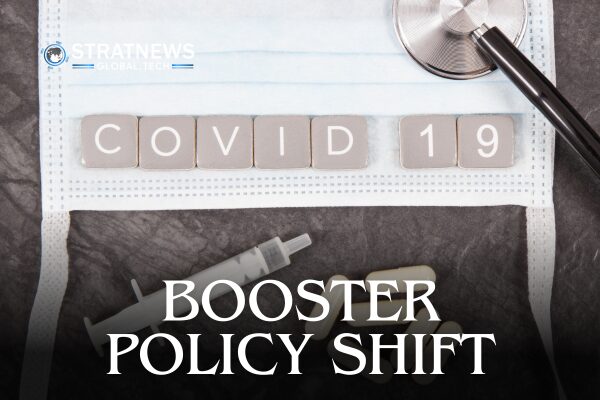New FDA Trials Required for Approval in Healthy Adults
The US Food and Drug Administration (FDA) announced on Tuesday that annual COVID-19 booster shots will now be limited to older adults and people at risk of severe illness. The agency plans to require new clinical trials before approving boosters for healthy individuals under 65.
FDA Commissioner Marty Makary and top vaccines regulator Vinay Prasad outlined the changes in the New England Journal of Medicine. They said the benefit of repeated yearly shots for healthy adults is now uncertain. After years of widespread vaccination and virus exposure, more data is needed to justify boosters for younger, healthy populations.
They also noted that the US remains one of the few high-income nations still recommending yearly COVID-19 shots for healthy adults.
Booster Access Still Secured for Vulnerable Groups
Makary and Prasad clarified that people over 65 and those with conditions that increase the risk of severe illness will still have access to updated COVID-19 vaccines. This includes individuals over six months old with chronic diseases such as obesity, diabetes and heart conditions.
To gain approval for healthy adults between six months and 64 years, vaccine makers must now conduct placebo-controlled trials. These trials are encouraged in young children and expected in adults aged 50 to 64. However, the FDA indicated that these trials would only be necessary when significant changes occur in the virus.
Health Secretary Robert F. Kennedy Jr. supports the changes, which align with his broader efforts to reduce the size of the federal government. These changes follow a major shift at the department, which has seen around 20,000 employees leave due to mass layoffs.
Industry and Expert Reactions to the New Policy
Despite the policy shift, analysts noted that the guidance does not affect access for high-risk populations, easing concerns among investors. Shares of vaccine makers rose after the announcement, with Moderna climbing 7.6%, Pfizer up 1.9%, and BioNTech increasing by 4%.
Still, some experts questioned the feasibility of large-scale trials. Dr. David Boulware of the University of Minnesota called the new policy reasonable but doubted whether companies would invest in expensive trials for younger adults. Costs could run into hundreds of millions of dollars.
Vaccine companies argue that requiring new trials may delay updated shots, reducing their relevance as virus strains change annually. The American Academy of Pediatrics raised concerns about potential insurance coverage issues, saying that it could limit access for families.
Despite their critical stance, Makary and Prasad praised the initial COVID-19 vaccine rollout in 2020, calling it a major scientific success. They also supported proven vaccines like the MMR shot, describing it as both safe and effective.
This year alone, US COVID-19 booster sales exceeded $3.5 billion, even as vaccination rates declined. The FDA recently approved Novavax’s booster for use only in older and high-risk individuals, continuing the trend toward targeted vaccination.
The FDA’s vaccine advisory committee will meet later this week to decide which virus strain should be used in the next round of booster shots.
with inputs from Reuters


